
Our Life of Okagesama
Rev. Marvin Harada, Bishop of Buddhist Churches of America, discusses all the shadows, behind the scenes, that make our everyday lives possible.

I Can’t Believe It’s Not Buddha
Promoting the importance of a quote by attributing to the Buddha is quite common. Bodhipaksa explains the process in this way, “When quotations are anonymous or by people who are no longer well known, it is common for them to be reassigned to more famous figures … I predict that in the distant future all quotes from our era will be attributed to Mark Twain, Winston Churchill, Albert Einstein – and of course the Buddha.”
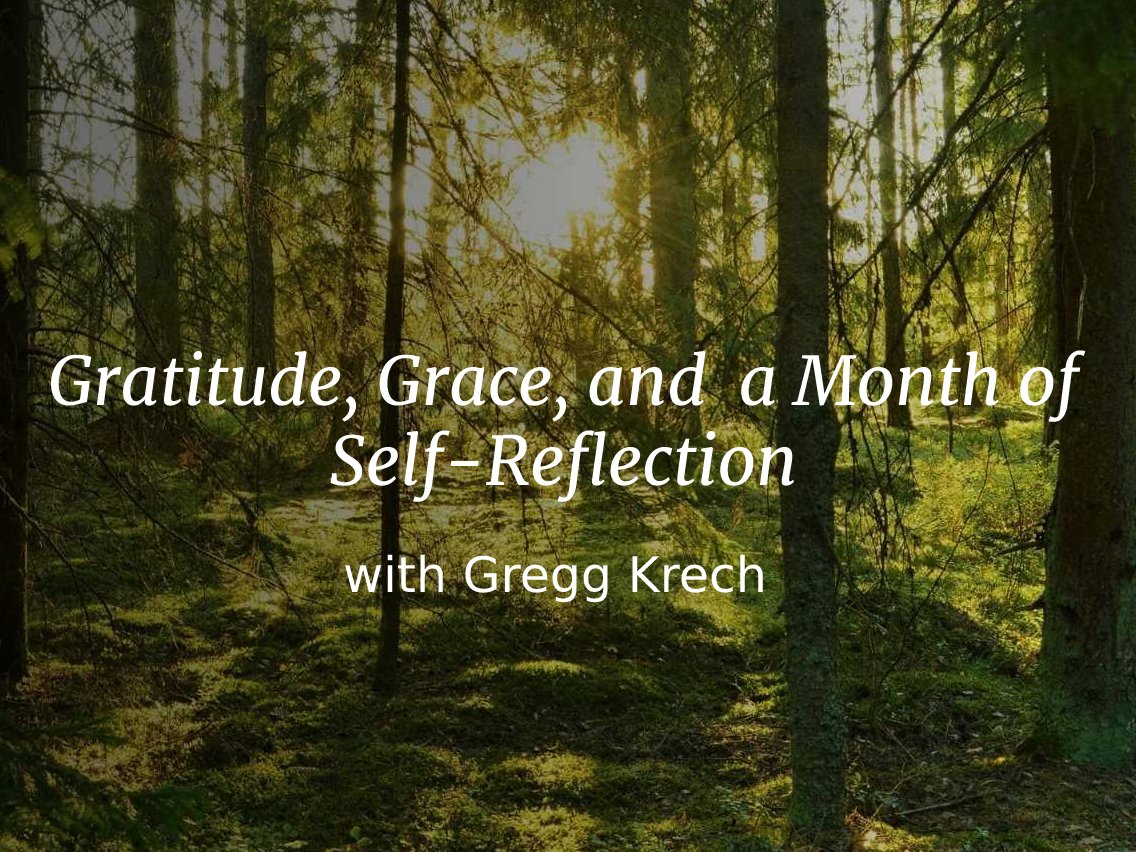
50% Discount for Everyday Buddhist Subscribers from The ToDo Institute
Yes, of course you already know your life – you’re living it every minute — but being caught up in your life is different than reflecting on your life. So much can be missed or misunderstood in the blur of our busy days. But during this 30 day guided process, you will have the opportunity to see with a fresh eye and feel with a softened heart, as you recognize the blessings that sustain your life and reflect on your relationships in a new and empowering way.

The Dharma of a Turkey Sandwich
Gratitude is one of the most important cornerstones of a Jodo Shinshu Buddhist life. As Rev. Kenji Akahoshi pointed out in a dharma talk a few years ago, other traditions ask “please,” whereas we say, “thank you.” When life is going great it’s easy to be grateful, but when life is filled with precarity and uncertainty, where the grounds upon which we live shift so rapidly, sometimes it can be easy to forget about all that we receive. What’s worse can often be the feeling of forcing yourself to be grateful. And so, I’d like to share with you a story about how genuine gratitude often springs forth when you least expect it.

Finding Amida (Part 2)
How amazing that each of these scholars and Buddhist leaders passed down teachings that eventually found me-- a white, Catholic drop-out bumbling her way through life in American suburbia? This proved to me that modern Shin Buddhism in the United States is not fossilized at all. It is dynamic and interconnected and incredibly relevant to anyone who is open to listening.

That Overwhelming Feeling
It was so moving, this experience. It's so much larger than me and life. It hasn't got anything to do with little green men. It has to do with the enormity and the quickness and the suddenness of life and death.
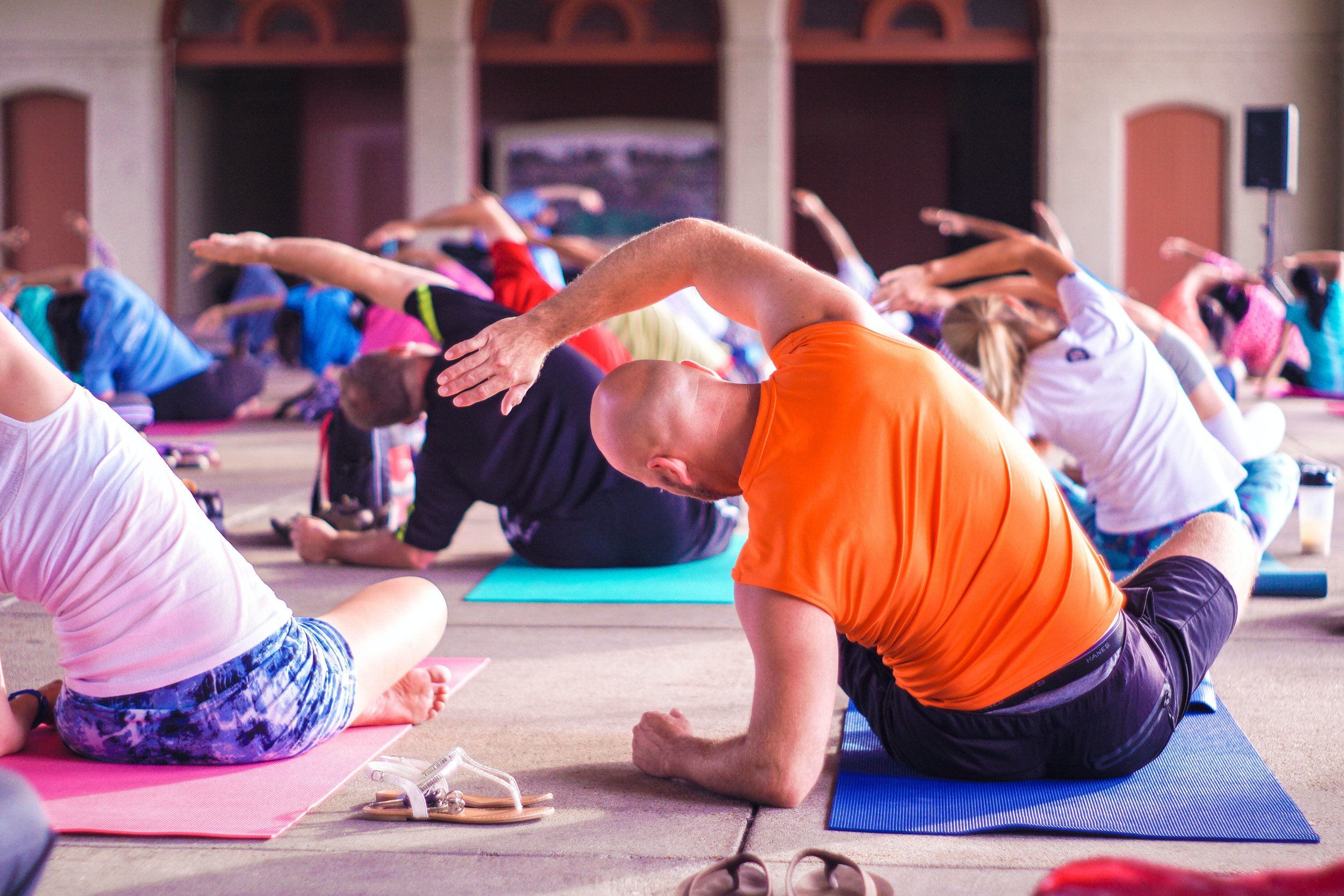
A Spiritual Exercise
We think of Buddhism as a religion and Yoga as an exercise. In India, these were not thought of as two different practices but they have been in the West. I think this is why I often get “Why” and “What” questions while my wife Linda, a yoga instructor, gets “How” questions. I am asked “What” are we doing and “Why” are we doing it while Linda is asked “How” do we do this pose. I need to be asked “How” and Linda needs to be asked “Why” and “What”.
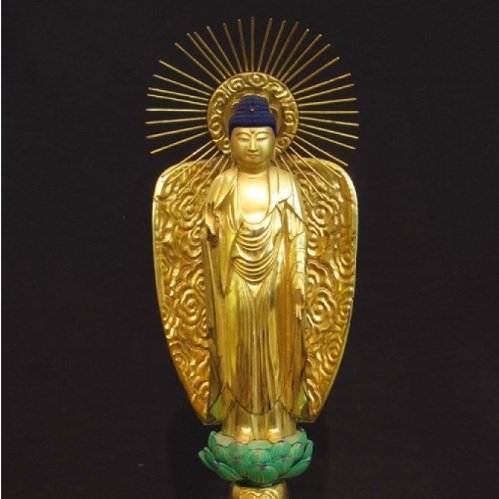
Searching for Amida (Part 1)
Sometimes we come across triggers from our past religious lives, little mental snags that make us wonder if we inadvertently returned to what we tried to escape. This is what happened to me recently when I heard an “Amida Buddha” reference. I don’t know why. I’ve heard Amida Buddha a zillion times. There are statues. There are chants and songs. I’ve learned many explanations of the concept both in dharma talks and through reading books.
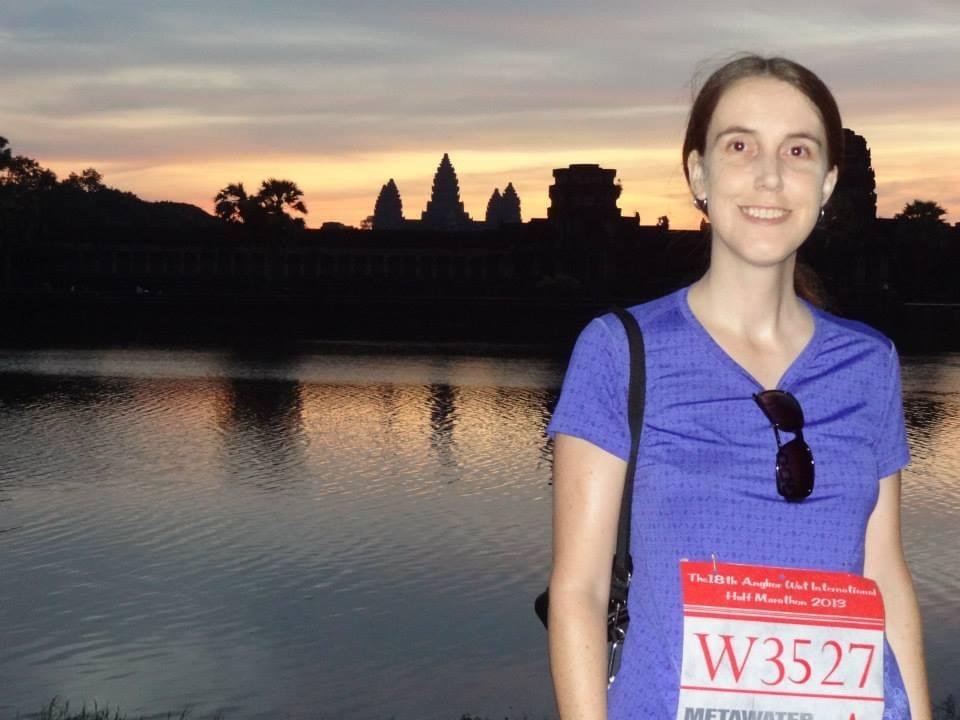
Hearing the Call (of the Nembutsu)
When I was 35, I traveled solo to Cambodia to run a half marathon through Angkor Wat. Visiting Angkor Wat, was the culmination of a dream born some 15yrs previous during college; I added the half marathon as a "why not?" decision based merely on the fact the event was happening when I already planned to be there, not because I had any grand delusions of becoming an international athlete. I did, indeed, finish the race (and have the medal to prove it); however, I got a lot more than I bargained for…
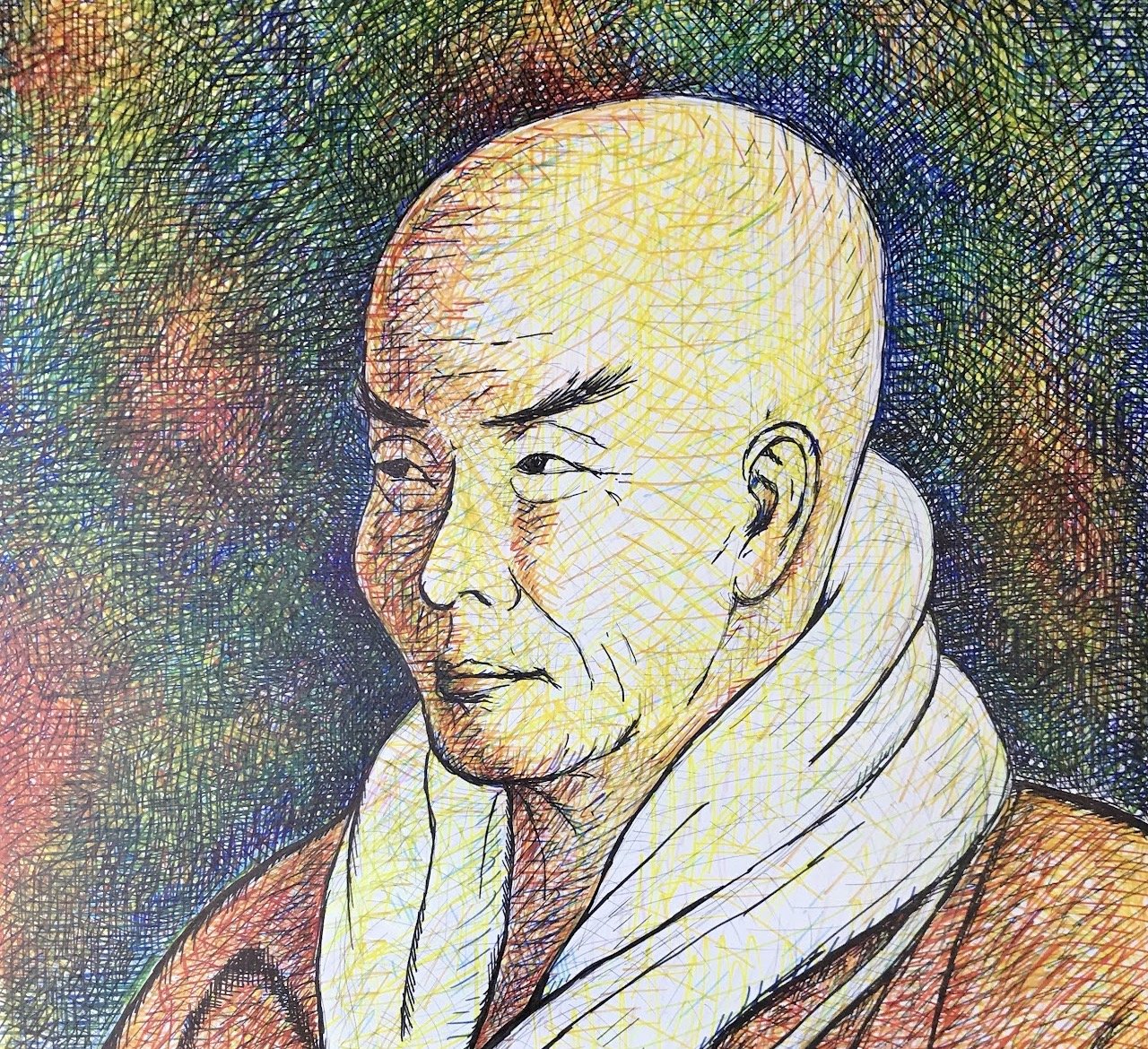
Wassup With Wasan??!!
Image by Rev. Nori Watanabe
Astonishingly, Shinran wrote over 500 of these easily remembered and sung verses. Through his wasan Shinran was able to transmit the essence of his thoughts in the Kyogyoshinsho, in simple, easy to understand language, accessible to all.
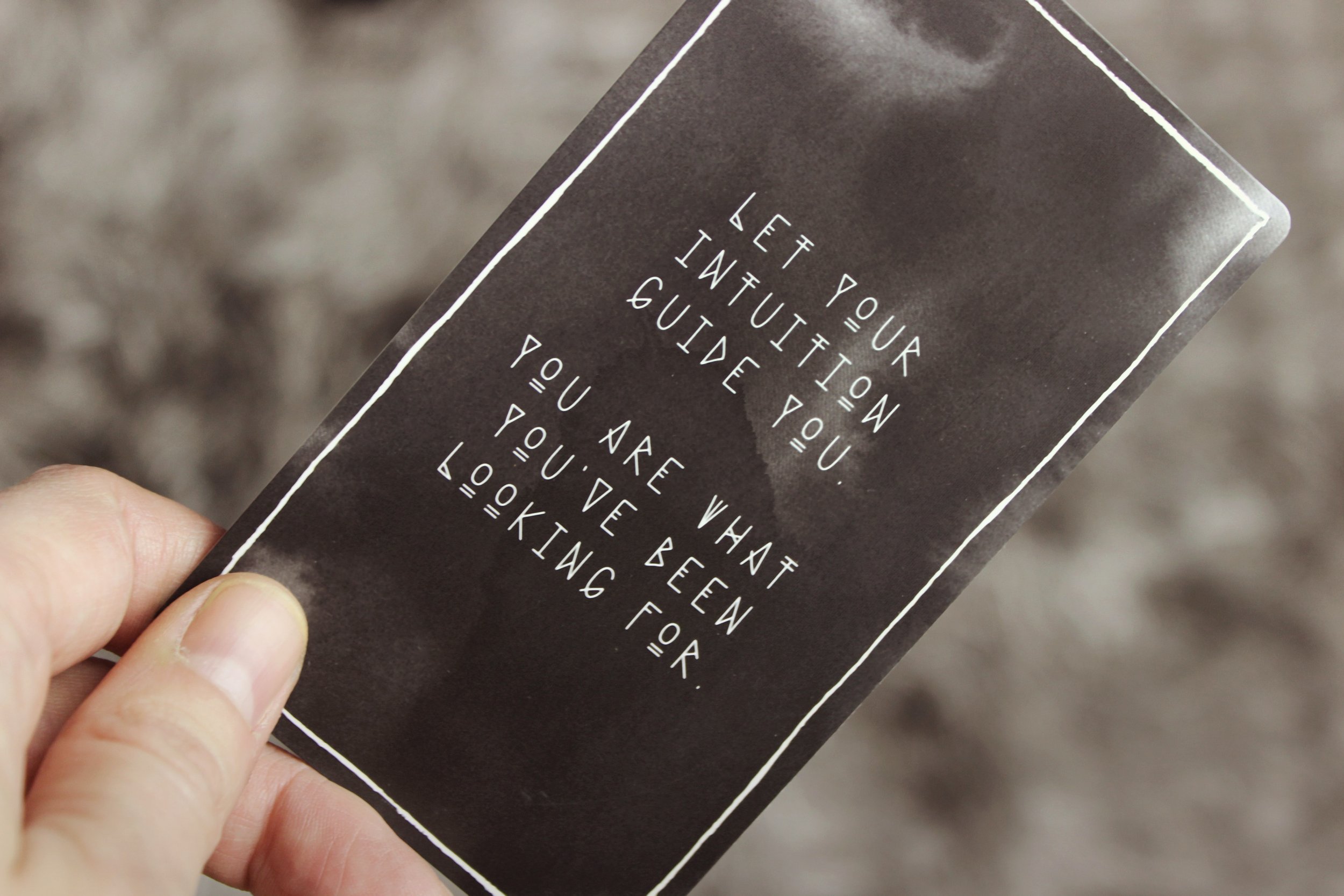
The Intention of No Intention
On the surface, we find that we can grasp the foundation of this theory of change, but the challenge is holding and applying it to daily life conditions.
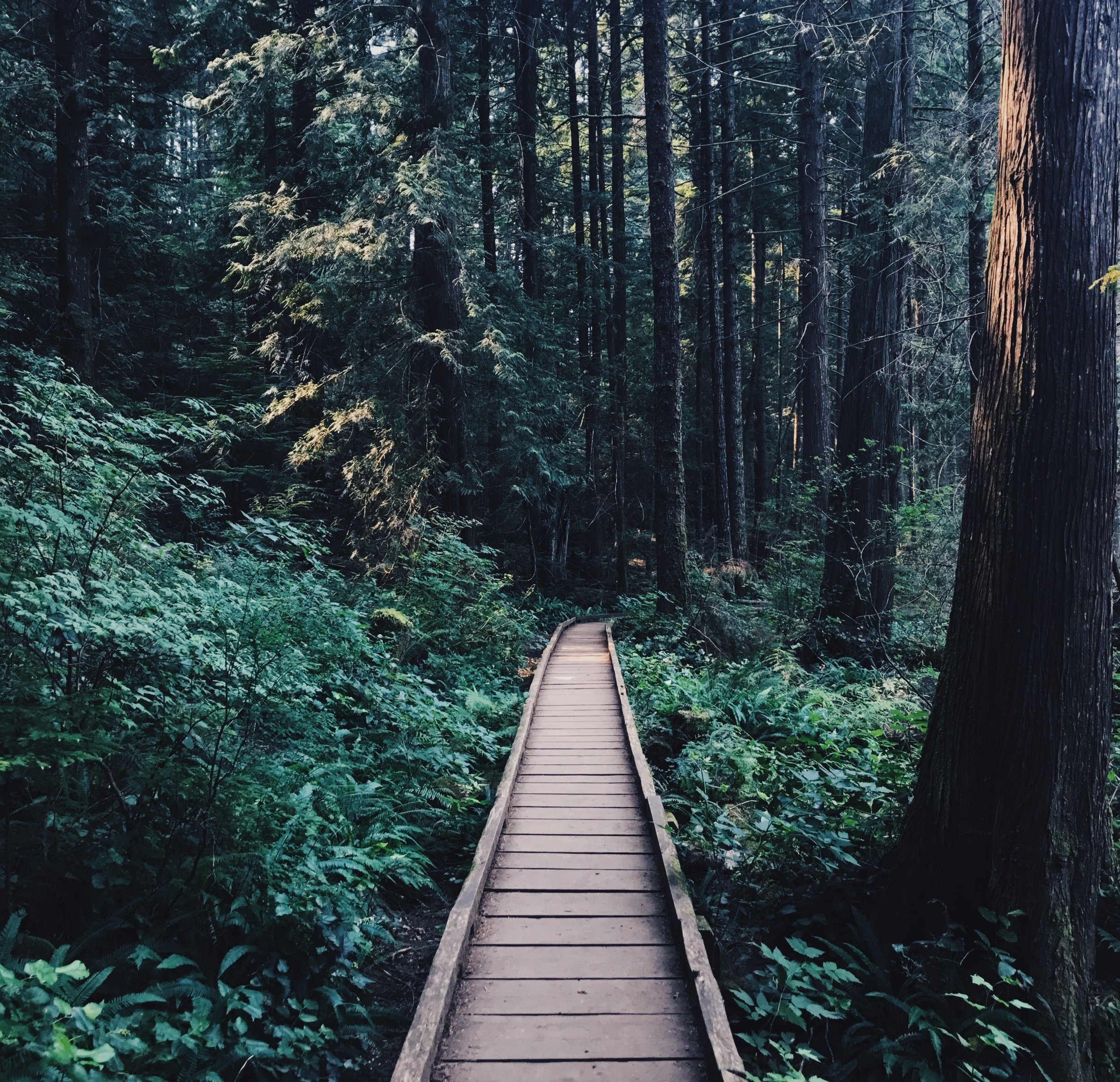
Patience in the Practice
I recently realized something regarding my path in studying Buddhism. I’ve gained so much personally from my journey so far, but I’ve never stopped to focus on the journey itself, such as where I am on the path and what is the path?

Appreciating Our Tailwinds
What if we could spend as much time reflecting on our lives as we do on the economy or the stock market? There is a podcast that does exactly that. It is called Freakonomics Radio. Their logo reflects this approach. When we look more deeply, what appears on the surface to be an apple is actually an orange.

Remembering Hiroshima: Masako’s story as told to her daughter
Suddenly I saw a blinding flash and knew instinctively to run toward the center of the house. Even as I turned, there was a deafening noise and the house collapsed on top of me. Laying there, the nembutsu was all I could say, over and over. I heard a sound like rolling thunder, going on and on. After everything stopped, I struggled out of the rubble.
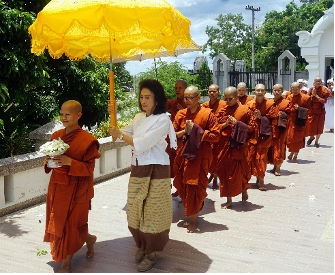
Women in Buddhism
Wow, what a fantastic transformation this daughter of the Naga King performed! The Lotus Sutra emphasizes the potential of all beings to become buddhas. Anyone who hears the Dharma, none will fail to achieve Buddhahood. Anyone includes monks, nuns, laypeople, numerous non-human beings, even the villain Devadatta who planned to plunder the Śākyamuni’s sangha and abetted Ajātaśatru in a crime.
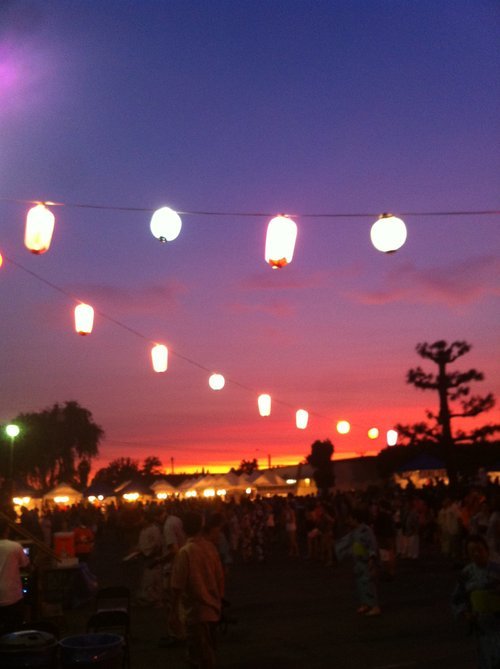
Dancing for Joy
This is why we dance. So, whether you have the dances memorized or not please remember there are no wrong steps when one is spontaneously “dancing for joy.”
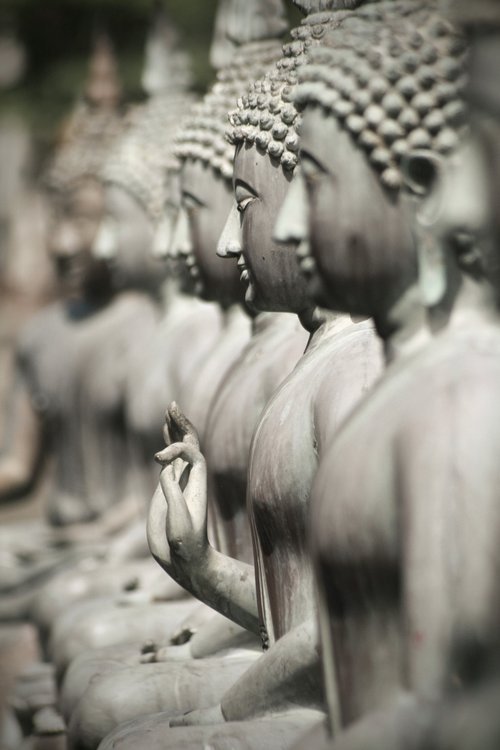
Why Sanbutsuge?
Chanting with this understanding of the verses from the Sanbutsuge, we become aware of Dharmakara’s hongan, or deep wish for attainment. Through Amida’s limitless wisdom and compassion, the Larger Sutra says that liberation is available for everyone. Shinran tells us that Dharmakara is the model for all of us in becoming a perfect seeker.

Happiness Series (Part 3): Transforming Unhappy
For me, Namo Amida Butsu helps me return to my center. I am reminded to let go of my ego self. It is a reminder of everything I have lived through, and how much the good and the bad and the everything in between has given me this meaningful journey as a human being. It reminds me to be present, to let go, and for this to be enough.
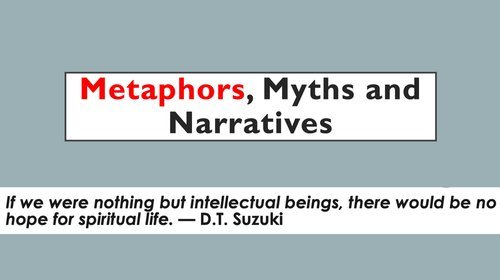
The Pure Land: Both Near and Far
This reminded me of a song from my youth. It is I’ll Take You There by The Staple Singers, released in 1972. They had a background in gospel music so I had assumed that this was a song about literally, physically going to a Christian heaven. But what if this song is a protest song, a song that is challenging cultural norms by offering a new and different way of living and seeing. Perhaps they are offering an otherworldly utopia as an alternative. One that represents a new way of living and seeing as opposed to merely making improvements at the margins.

Grateful for My Pride
Growing up practicing Jodo Shinshu Buddhism, one of the biggest challenges for me was the ability to apply the teachings that we learned outside of the Hondo or outside of just Sundays. Whether it was through Dharma messages, the Golden Chain or from our Dharma School teachers, the teachings were meant to be seen everywhere and anywhere because practicing Jodo Shinshu Buddhism was to simply walk-through everyday life.
